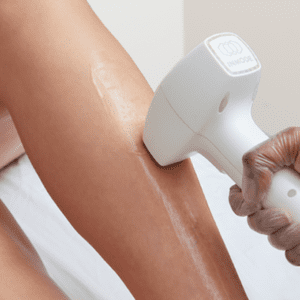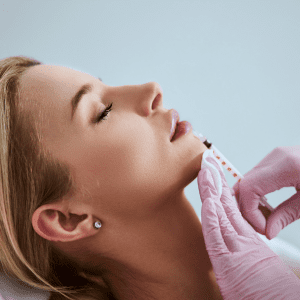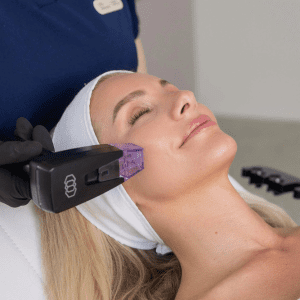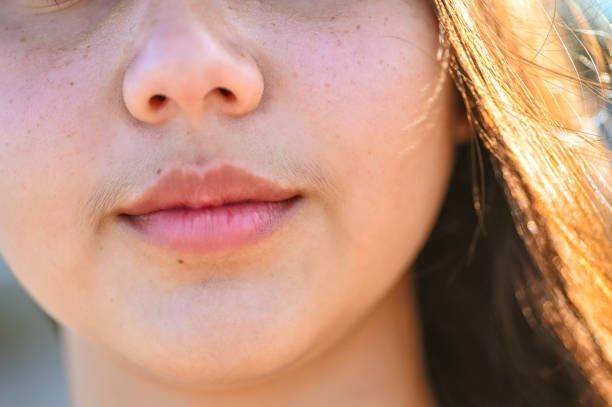
Women’s Facial Hair Growth
Understanding the source of the condition leads to effective management and expert care delivery.
The unwanted growth of facial hair in women primarily manifests as thick and dark terminal hair around the jawline, chin, sideburns, and upper lip region. Women typically have light, fine vellus hair, but thick, dark, coarse terminal hair in particular body areas indicates possible serious health problems.
Why Does Too Much Hair Grow on the Face
The main cause of hirsutism among women is a condition known as excessive male hormone activity, which produces masculine its distribution.
Hirsutism affects five to ten percent of women and appears as a result of hormonal disorders that also include Polycystic Ovarian Syndrome (PCOS).
The ovaries develop a condition known as PCOS when they start producing excessive amounts of androgens. Women with this hormonal imbalance tend to develop facial hair along with weight gain, acne, thinning scalp hair, and irregular menstrual cycles.
A small rise in testosterone levels causes facial hair follicles to develop thicker and darker hair.
Multiple elements lead to excessive hair growth in women.
PCOS stands as a main cause of hirsutism, but other diseases and triggers lead to its development:
The rare genetic disorder causes adrenal glands to produce excessive male hormones, resulting in premature acne and hirsutism and menstrual irregularities.
The human body maintains elevated cortisol levels through continuous exposure to this condition. Among other symptoms, patients can experience fatigue, weight gain, and facial hair growth along with a round face shape.
The development of sudden intense facial and body hair occurs when tumours in ovaries and adrenal glands produce abnormal amounts of androgen.
A certain group of women experience facial hair development, but no detectable hormonal imbalance exists in their bodies. The events occur because of heightened skin sensitivity to typical androgen levels.
Hirsutism in women can be caused by both hypothyroidism and hyperthyroidism because these conditions affect androgen production and metabolic rates indirectly.
Knowing When to Consult a Dermatologist If you observe:
- An abrupt rise in facial hair.
- Dark, thick hair that grows on your back, chest, or face.
- Thinned scalp hair, irregular menstrual periods, or acne Seeking advice from a dermatologist is crucial.
The symptoms point toward possible hormonal or endocrine issues that may include thyroid problems together with PCOS. Our dermatologists at Rasa Derm perform complete evaluations before collaborating with endocrinologists or gynaecologists to establish total treatment plans.
Our clinical team provides treatments that prove their effectiveness for facial hair management while ensuring skin health protection.
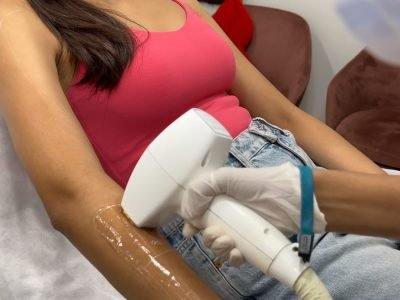
Laser Hair Reduction
A safe and effective treatment that uses targeted laser energy to destroy hair follicles.
- Session Duration: 20–30 minutes
- Sessions Required: 6–8 sessions
- Gaps Between Sessions: 4–6 weeks
- Results: Finer, lighter regrowth, Long-term hair reduction
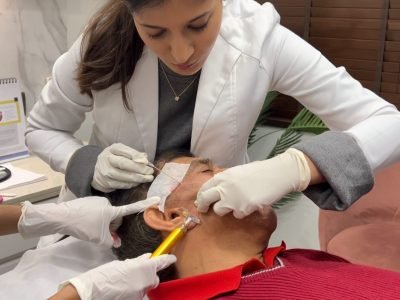
Thread Lift
Bio-absorbable threads are inserted under the skin to lift sagging areas and stimulate .
- Session Duration: 45–60 minutes
- Sessions Required: 1–2 sessions
- Gaps Between Sessions: 6–12 months (maintenance)
- Results In : Lifted jawline, Firmer contours
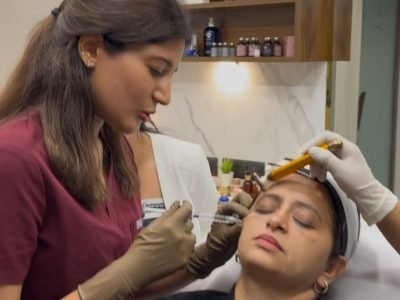
Profhilo
An injectable anti-ageing treatment with the highest concentration of hyaluronic.
- Session Duration: 30 minutes
- Sessions Required: 2 sessions
- Gaps Between Sessions: 4 weeks apart
- Results In : Natural firmness, Youthful plumpness
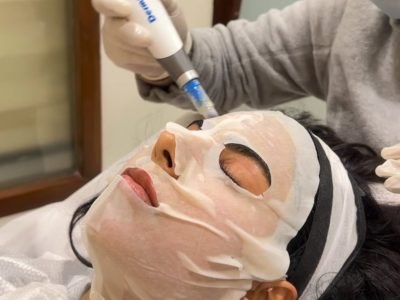
Dermapen-4 (Microneedling)
Advanced microneedling that improves skin texture, scars, and lines.
- Session Duration: 45–60 minutes
- Sessions Required: 4–6 sessions
- Gaps Between Sessions: Every 4 weeks
- Results In : Smoother texture, Reduced fine lines
Facial hair concerns can be deeply personal. At Rasa Derm, we provide customized treatment plans tailored to your skin type, hair pattern, and hormonal background. Our dermatologists also guide you on managing PCOS-related skin symptoms like acne and pigmentation for a complete transformation.




